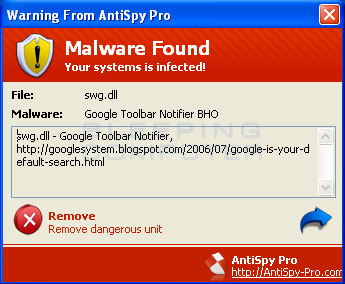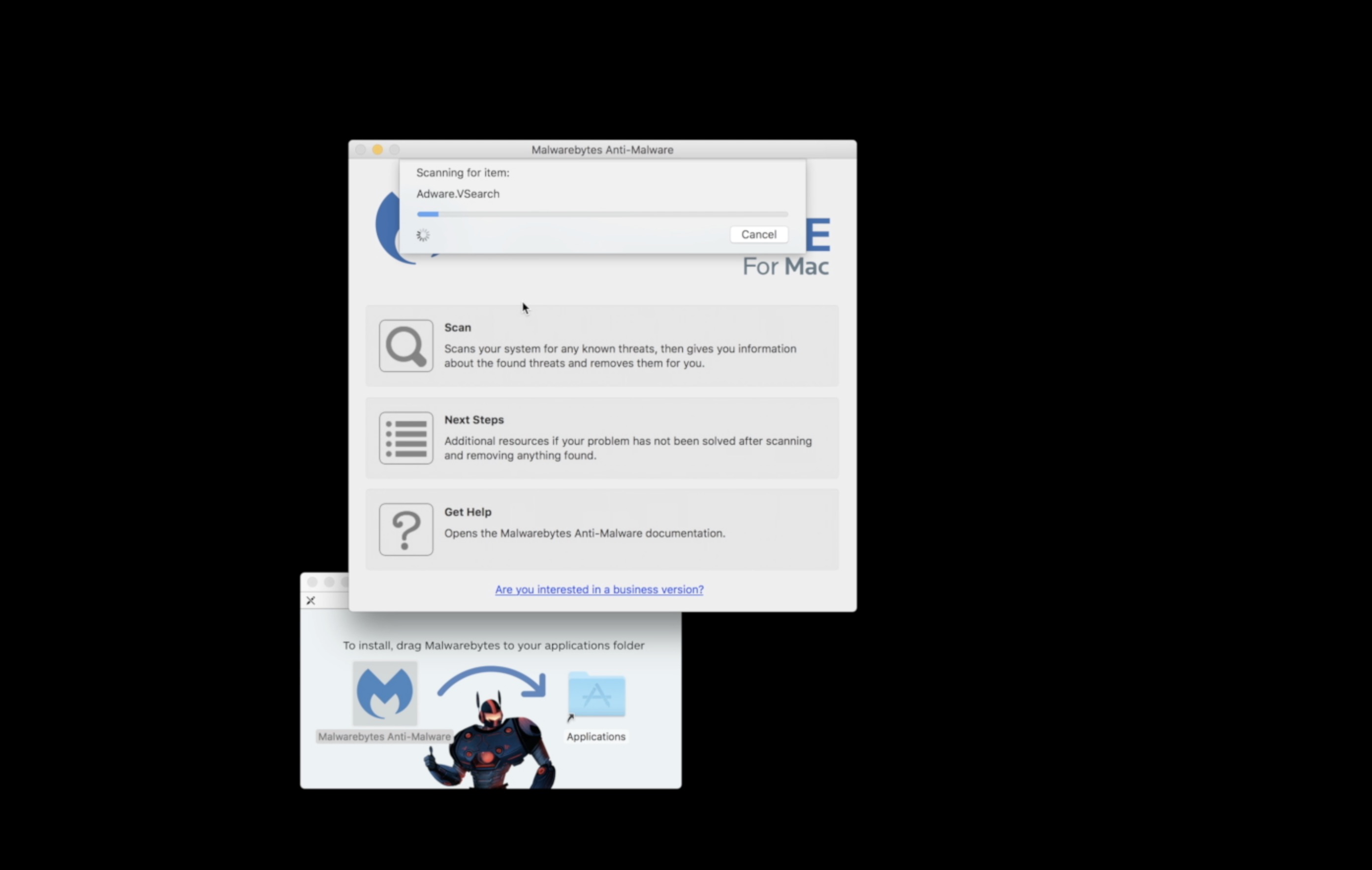With a third of Europe reporting that they have contracted some sort of malware on their PCs in 2010, according to a research compiled by Eurostat, the efficacy of malware software is called under question as most of those users reportedly have anti-malware software installed on their system.
 Bulgaria, Slovakia, Hungary, and Italy lead the report for infected systems. However, these numbers are coming from incidents that are reported. In reality, there could be many more people who have computers infected by malware and not even know it.
Bulgaria, Slovakia, Hungary, and Italy lead the report for infected systems. However, these numbers are coming from incidents that are reported. In reality, there could be many more people who have computers infected by malware and not even know it.
It’s unclear if such a high infection rate for malware despite having protection software against malicious software and code is a direct result of the malware industry outpacing the companies that design software to protect against malicious code, or if it is a result of lack of education about malware and how to properly safeguard a system.
CrunchGear speculates that running anti-malware program may slow down the system or interfere with network connections, especially for users who use torrents or other peer-to-peer programs.
One way to avoid infecting your computer with malware may be as simple as just keeping your anti-malware suite up to date to detect the latest threats. Users should also be vigilant in avoiding to visit un-trusted sites whenever possible, and to keep their browser and operating system as up to date as possible–companies like Apple and Microsoft routinely release security updates to patch any vulnerabilities.


